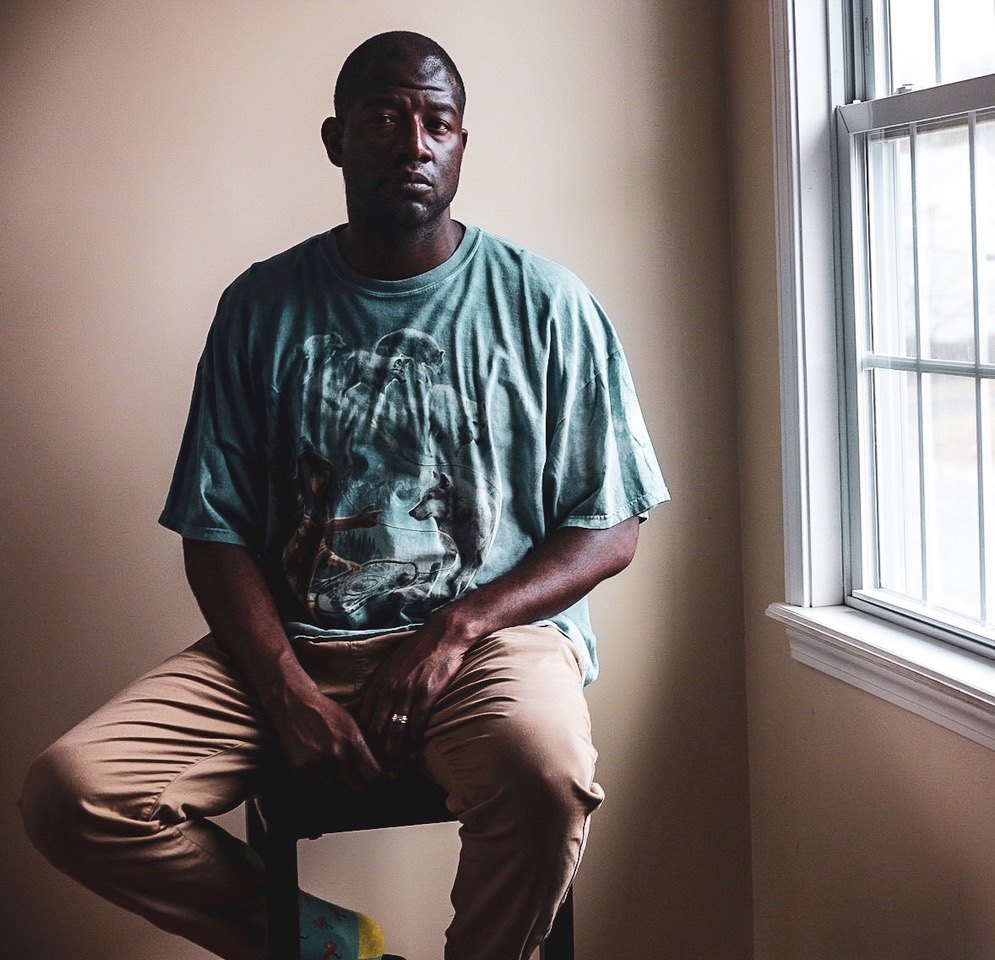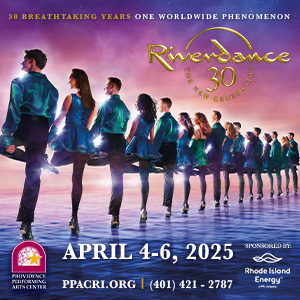
Those of us in the performing arts are finding ourselves facing a new reality. As a member of the theater community, I’m lucky enough to be able to speak with leaders of artistic organizations all over the state about how they’re coping and what their plans are for the future, and I think it’s important we start having those conversations in more open forums, which is why I’m grateful my friend Jonathan Pitts-Wiley was able to speak with me this week.
Jonathan is the artistic director of Mixed Magic Theatre (MMT) in Pawtucket. The company was founded in 2002 by Jonathan’s parents and local theater legends Ricardo and Bernadet Pitts-Wiley, who are still actively involved in the theater and the work it creates, as is Jonathan’s wife, Kim. Mixed Magic being a family affair is one reason I was so excited to get Jonathan’s insight regarding where we are now and where we might be going. The other is that MMT is one of the longest operating independent theaters in Rhode Island, and they’re known for being highly adaptable as well as versatile when it comes to what they put on their stage. New works, concerts, poetry and anything else you can think of has been produced there over the years, and they’re a vital part of Pawtucket’s arts community.
Here’s what Jonathan had to say:
Kevin Broccoli: First off, how are you doing right now?
Jonathan Pitts-Wiley: Not doing too badly, all things considered. My family is healthy and I’m fortunate enough to not have to worry about the day-to-day survival piece of things. Right now, my concerns could still be overwhelmingly categorized as inconveniences, which aren’t really problems at all.
KB: As I was putting together these questions, it occurred to me that Mixed Magic is in a unique position right now, because when your theater was dealing with a damaged roof, you were already coming up with streaming opportunities because you couldn’t have an audience in your space. Do you feel a bit more prepared having already had to integrate digital content into your programming?
JP: Absolutely. Can’t say I like being ahead of the curve in this respect, but having a sense of these realities certainly doesn’t hurt us right now.
KB: Another way that MMT strikes me as having an edge here (as much as anyone can have an edge) is that you rarely announce traditional seasons that fall in the conventional September – June window, preferring to program in shorter increments. It looks like that might be the road a lot of us have to take as time goes forward. Do you have any advice as to how another theater could try programming that way?
JP: Honestly, I think it’s most important to remain true to your mission, do work that you can produce at a high level, and always keep in mind that this isn’t a replacement for the live theatrical experience. MMT’s current attitude is that this is an expansion of our digital programming and is not live theater. I’m big on reminding people that this is, essentially, the world of film/motion picture. Are there things that transfer from the stage? Of course, but we can’t get overly wrapped up in the medium being something that it is not.
KB: I apologize for asking a question this broad, but in addition to being a theater artist and photographer, you’re a teacher of history. How are you viewing our current situation from the perspective of an educator, particularly in the context of history?
JP: I personally think this is a truly revolutionary moment, not unlike the bubonic plague in how it is fundamentally reshaping how societies function and interact. What’s fascinating and terrifying is that, in many respects, the internet’s moment has arrived. For whatever we thought we knew of its reach and impact and value, we’ve arrived at a new phase of its influence and, while it’s worthy of embrace, I’d offer it’s also worthy of an abundance of caution.
KB: I’ve been saying — including in text messages to you — that I was already worried theater was losing the battle of fostering in-person communal experience to the isolated experience of sitting at home looking at your phone while Hulu plays in the background. Are you also worried about this necessary-but-unfortunate break from gathering to have that kind of shared experience? Will we be able to get people back out of isolation after so much time away?
JP: Sheesh … I’m honestly not sure. Part of me thinks that all of this is revealing just how much people need people, how much that sharing of space and experiences is vital. But how soon will it be before shared space and experience means something different in terms of our cultural sensibilities and practice? How soon before we see a shift in thinking that regards this as societal development and innovation on par with the text that replaced the email that replaced the typewriter that replaced the long tome written in cursive? Artists have had to justify their existence for quite some time, so if there’s any silver lining, I think it is that we’re actually better equipped to meet the challenge so long as we adapt where necessary and stand fast where we must.
KB: Without getting into too much private detail, is MMT in a place financially where you can afford to be closed for an extended period of time? Is there a point in time when it will become dire, and what are your plans if you reach that point?
JP: We’ve always had the attitude that things will be over for MMT if and when the Pitts-Wileys feel that time has come. It’s helped us weather storms for 20 years and that’s the course we plan on maintaining.
KB: MMT is a theater that’s been built on theater and music equally. Do you see the music portion of your theater easier or more difficult to bring back than the theater portion, especially considering your father’s written so much of the music you perform?
JP: That’s a great question. In some ways, music is more accessible than theater and, when you have a music director like ours and do the sort of musical programming we do, you always have a puncher’s chance of making an impact with audiences. It certainly doesn’t hurt that we have an incredible body of music in-house as well. So, in some respects, I do think it is easier, but I think it’s more important for us — and any company really — to identify what is resonating with potential audiences in this moment.
KB: This is a tangent, but since you’re the first AD I’ve spoken with who has children, I wanted to ask: How are you speaking to your children about what’s happening right now? I keep going back to that previous question about how taking away community and shared experience is impacting our audiences, but as a father and a teacher, how do you think it’s affecting the younger part of our population?
JP: My wife, Kim, and I definitely keep it as real as is appropriate with our kids. We’ve always felt duty-bound to keep our kids as sucka-free as possible, ya know? In terms of impact, my kids are hanging in as well as can be expected for kids who wanna be outside and see their friends at school and move through the world as they did. Overall, I do think the strain on young people is articulating itself in very understandable ways. As adults, I think it’s really important we give space for that while also reminding kids (and our fellow adults) that we have an incredible capacity for resilience, especially when we come together as best we can and prioritize the things that are most important as best we can.
KB: People have been talking about the value of having an outdoor space available when restrictions loosen up a bit, and you have your amphitheater. Do you see that as an advantage in programming moving forward?
JP: Ha! While outdoor theater presents its own unique set of challenges in non-pandemic scenarios, I do think there’s plenty of advantage to having a space. Still, in a summer of cancelled festivals and parades in Rhode Island, I find myself wondering if we’ll even be able to take advantage of that advantage.
KB: How can people help the theater right now? What are the donation links, and is there anything else they can do other than staying home and staying safe?
JP: Folks can head to our website (mmtri.org/donate) and drop a few dimes on us if they feel so inclined. Additionally, we just launched our Theater at a Distance programming, which will be featured on our Facebook page. Alexis Ingram has been doing some really terrific work and content production on our Facebook, Instagram and Twitter accounts, so helping us do battle against the algorithms by engaging with that content is really helpful to us as well.

